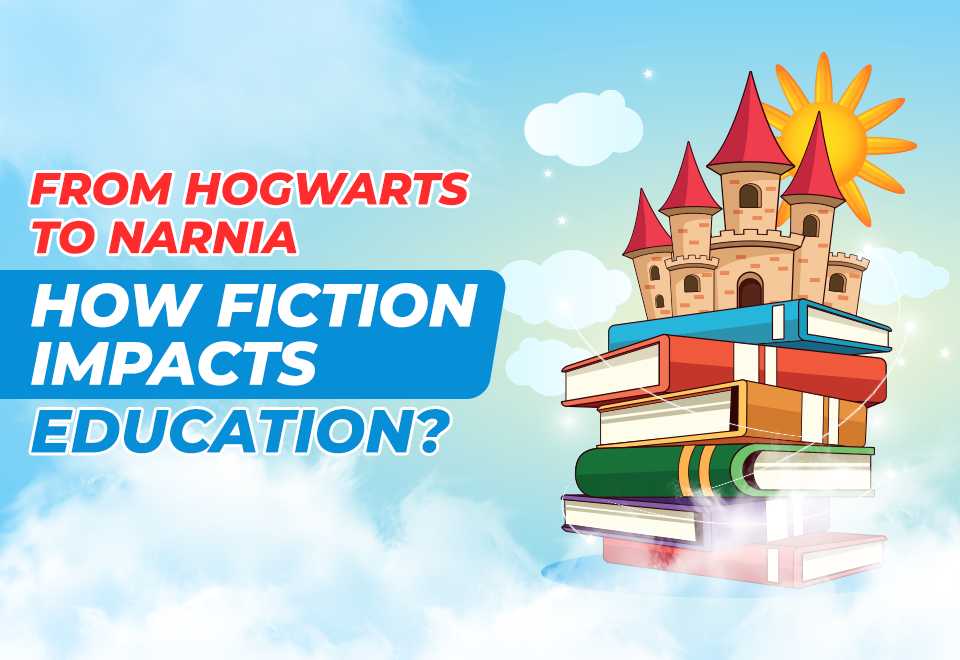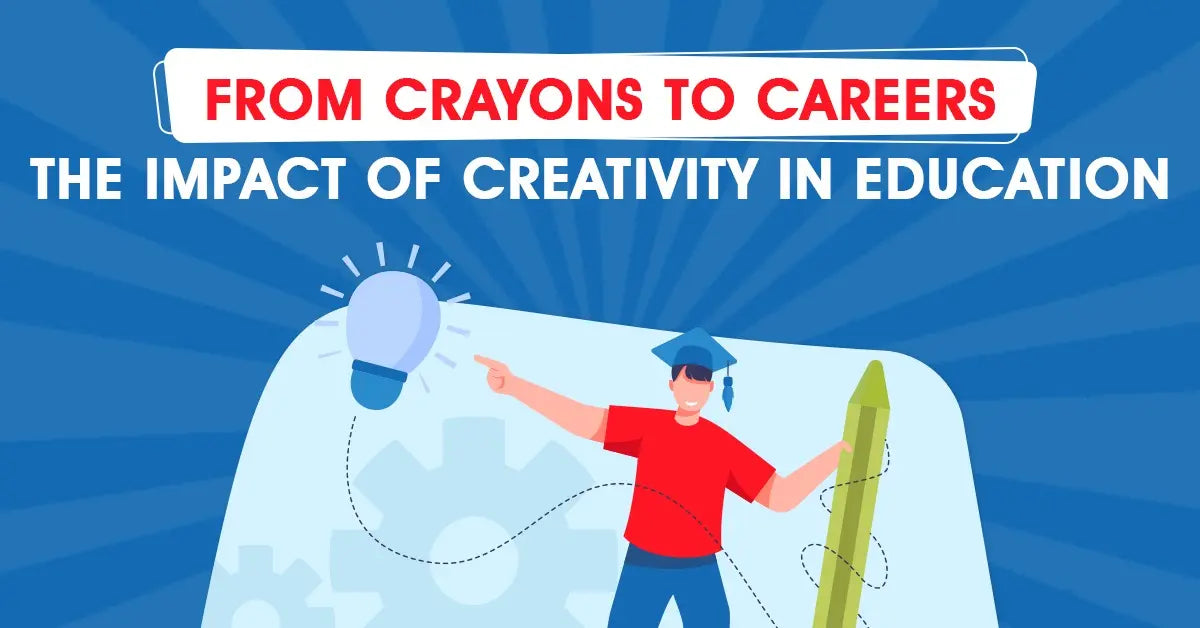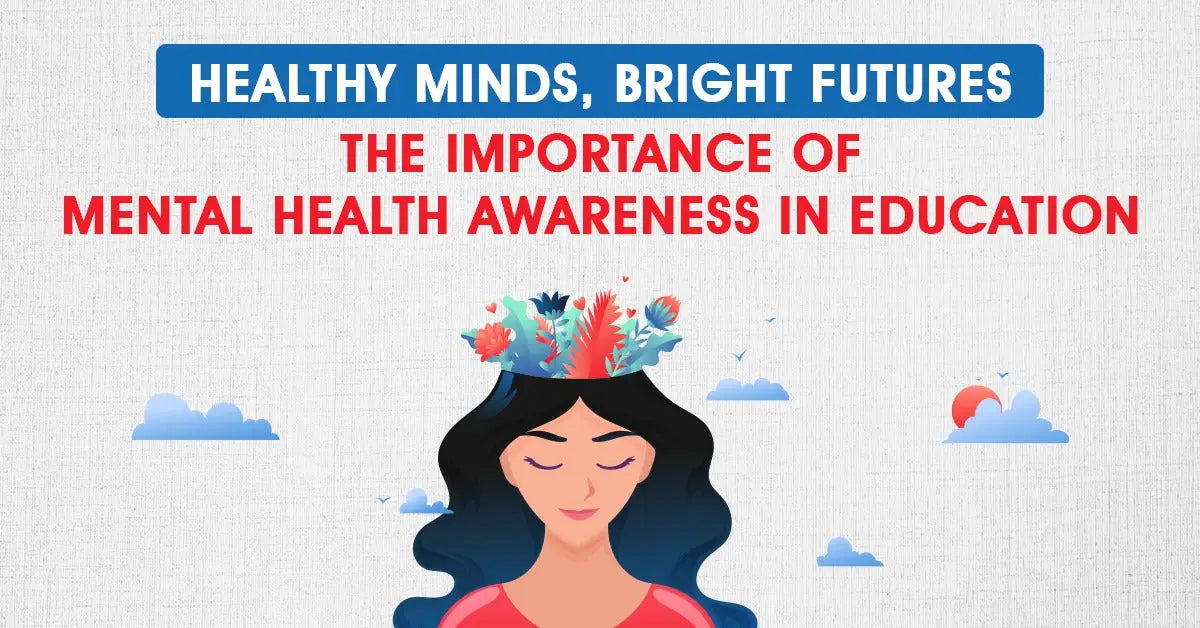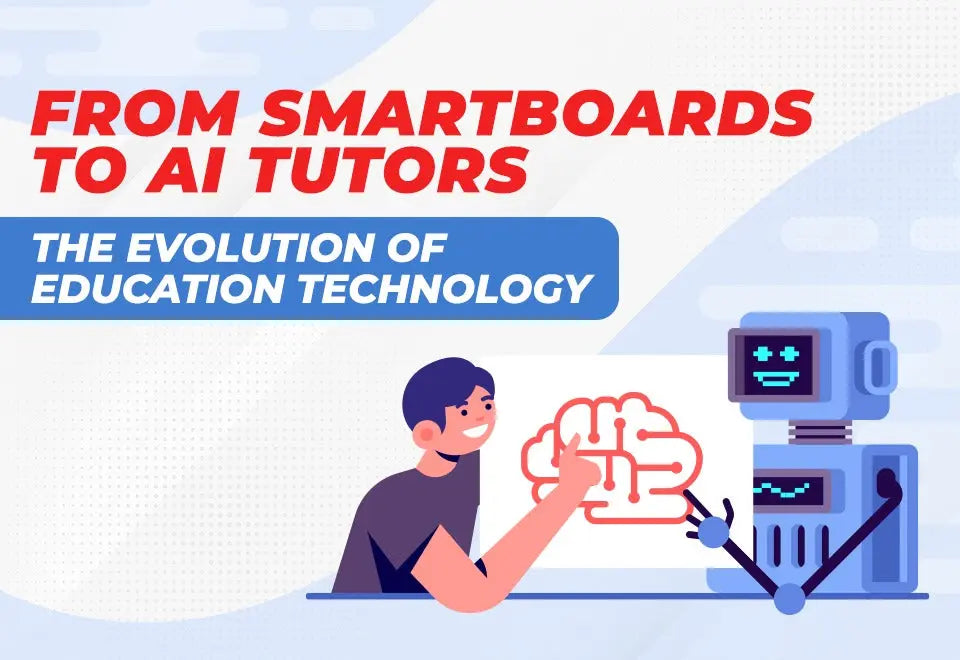Let's go filmy!
In 1951 Robert Wise directed the movie 'The Day the Earth Stood Still' about a humanoid extraterrestrial visitor who came to deliver an important message that will affect the entire human race.
In 1965 co-founder of INTEL Gordon Moore observed a hypothesis that the number of transistors in integrated circuits doubles about every two years.
Two decades ago, smartphones didn’t exist. Today, 933 million smartphones users exists in India only.
But till today, neither the earth stood still nor did the students in a school assembly. It seems today nearly everyone whether a year-old kid to a granny is gazing at a glaring screen of candy crush.
Indeed, technological acceleration is driving changes in our lives and the verticals of our industries. Artificial Intelligence (AI) is not an entirely new technology but the one that many novelists, filmmakers and scientists from the past well before predicted is going to change the future of humans.
While the transition to online education has raised the debate among psychologists, teachers, and parents on limiting the amount of screen time a child should use. Learning through AI will not be like the giant doll in Squid Games which will punish you as soon as you move.
The purpose behind Artificial Intelligence in education is the automation of analysis, creation and presentation of the curriculum in virtual forms.
It is not to replace teachers, but to give them a helping hand in understanding the potential and limitations of each student.
There are physical components also, such as audio or visual sensors which will collect or observe environmental information. But it is generally a manifestation of digital software processing systems.
As students acquire and retain information in different ways. Using AI to design teaching modules suitable to their learning styles and interests will encourage more people to take learning, minimize dropout rates, and boost learning outcomes.
Let us look at how artificial intelligence will transform the various spheres of education with some real-world applications still in use.
Collaborative Automation
AI has been used in different industries generally to automate tasks. While the primary fear of introducing AI is that it will replace the workforce, and people will lose their jobs. But in education, AI is not meant to replace teachers but to complement them.
A teacher doesn't just teach. They spend a lot of time in organizational and administrative tasks like grading tests, evaluating homework, filing the necessary paperwork, making a progress report, organizing resources and materials for lectures, etc. In the end, they spend a lot of time on non-teaching tasks which overwhelms them.
Using AI in education can help automate all the tedious and cumbersome non-teaching tasks. Teachers will then be able to spend more time with the students, thus making the learning process more efficient.
AI can also identify weaknesses within classroom teaching by noticing the pattern of wrong responses among students. This will alert the teacher about the learning loss and help them plan revision sessions.
Although machines can already grade multiple-choice tests, they are very close in being able to assess written responses as well. Platforms like Gradescope speeds up the grading process.
Students upload assignments to the platform, and Gradescope sorts and groups answers to assign a grade. Decreasing the time teachers spend grading by 70%.
There is also much potential for AI to create more efficient enrollment, admissions and recruitment processes of an educational institute.
Personalized Learning
“Everybody is a genius, but if you judge a fish by its ability to climb a tree, it will live its whole life believing that it is stupid.” - Albert Einstein
No two students are the same or learn in the same way. Some people learn better by watching a video, while others prefer listening to audio. The same methods of teaching do not suit every student.
AI will allow a level of differentiation that is impossible for teachers who have to manage 30 students in each class. It can help identify how individuals usually learn best, highlighting specific topics of weakness then tailoring a study plan catering for the abilities, interests and aptitude of a student along with repetition of subjects they haven’t mastered yet.
Companies such as Content Technologies and Carnegie Learning are focusing on customized education content by applying deep learning AI techniques.

They can analyze course materials, textbooks, syllabus, and other resources to create textbooks, study guides, and multiple-choice tests which suit the individuality of students.
Smart Content Creation
AI can help teachers in creating smart content that focuses on custom teaching methods and materials. AI can analyze, convert, customize and present the information from the study material into audio, video, picture, text, game or mnemonics according to the needs of students.
To achieve expertise in specific areas AI can create microlearning modules. By generating bite-sized learning, study guides, digital textbooks, all within the framework of digital learning.
Simulation, visualization, and web-based study environments are different ways to perceive information that AI can power.
Feedback System
AI can provide valuable feedback to the students and teachers to help them understand where they are going wrong and how they can do it better.
AI can identify knowledge gaps and failings in the curriculum and suggest improvements in the instructions, methods and materials provided to the learners, along with ways to make learning more interesting and fun.
An eLearning platform like 'Coursera' gives alerts if a large number of students submit the wrong answer to a homework assignment or have trouble with a particular topic.
Universal Access
Artificial intelligence tools can help make global classrooms available to all by overcoming geographical barriers. Making education boundless and borderless phenomena by providing access to students who speak different languages or have special needs.
Whether a student is a slow learner, unable to attend school due to illness or injury, or even if a student is located in remote areas, AI can be a blessing to all.
Presentation Translator is such a plug-in for PowerPoint that creates subtitles in real-time for what the teacher is saying, SpeakIt!, Widex's Evoke and Empower Me are a few examples of AI in education that cater exclusively to kids with special needs.
On-demand Learning
In India, it has become a culture that a student first attends the school and then goes to a tuition class due to their parent's unavailability or inability to help. Now AI has the potential to support children at home on-demand with homework or test preparations.
Intelligent tutoring systems (ITS) and Intelligent learning system (ILS) enables students to discover information for themselves.
AI chatbots and software-driven tutors can extend support and assistance outside the classroom 24/7 while online spaces like Brainly offer a supportive message board setting for peer-to-peer learning and homework help.
The advent of artificial intelligence will no doubt benefit the education sector. But AI Learning is not entirely a rosy picture. Excess use of technology can make students, especially young kids, get addicted to smartphones and computers. If consumed without supervision this can harm their physical, emotional, and psychological health.
Artificial Intelligence will systematically enhance the scope and depth of knowledge, making the future students masters of their ability.
If you liked this blog, kindly share this among your friends to help them too.
All the Best!














